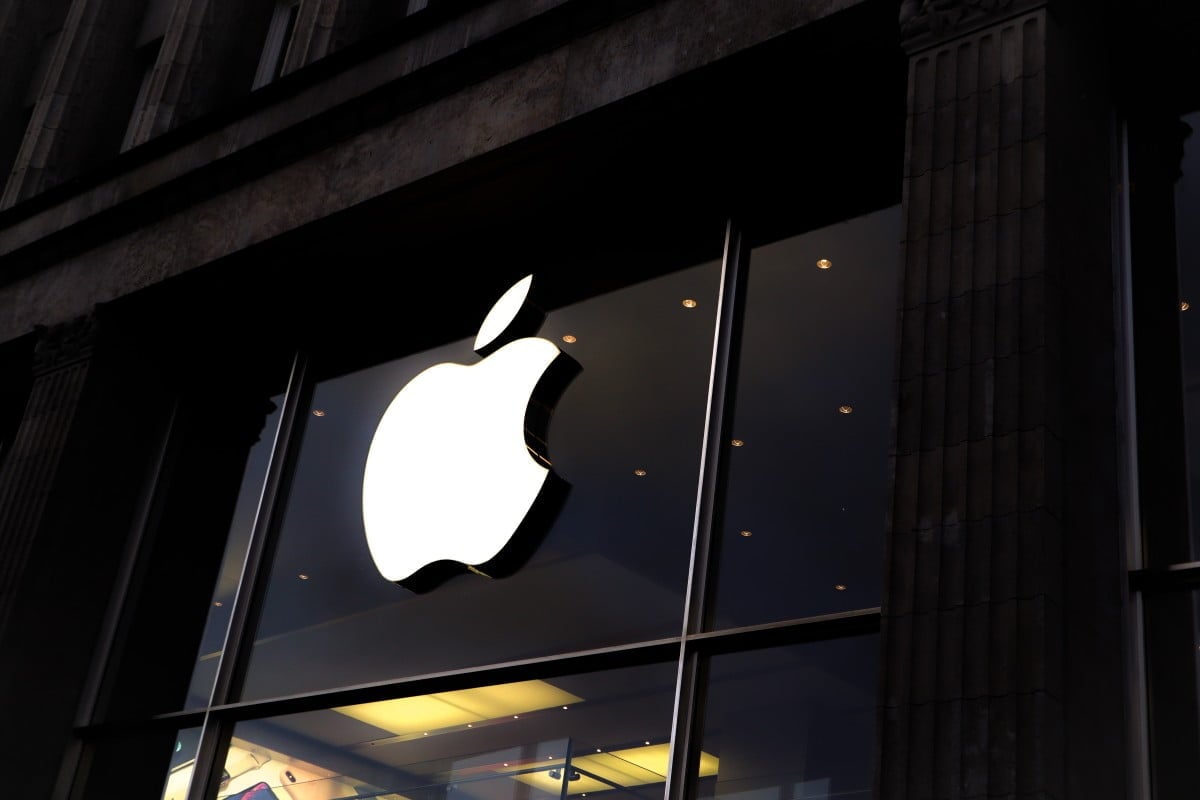
The prospect of satellite-powered calling and internet connectivity on smartphones is gaining momentum, with Apple's recent introduction of emergency SOS via satellite feature in the iPhone 14 series. According to a report by PCMag, Apple's partner Globalstar has hinted at the possibility of extending satellite-powered features to calls and internet services in a Federal Communications Commission (FCC) filing.
The emergency SOS feature has already proven its value by allowing users to send texts to emergency services even without cellular reception or Wi-Fi. This has been particularly beneficial for individuals stranded in remote areas, as they can reach out for help using satellite technology. Additionally, the Find My app can utilise satellite connectivity to share location information with others.
Read More - Telstra, Starlink to Bring High-Speed Satellite Connectivity to Remote Areas in Australia
The FCC filing reveals a plan involving T-Mobile and SpaceX to provide satellite internet services for "unmodified" T-Mobile smartphones. Globalstar, in its statement, suggests that its mobile satellite service (MSS) system will continue to evolve over time to support a broader range of direct-to-handset features and services within its licensed spectrum. This indicates that Globalstar is likely developing a strategy to enable satellite voice calls and internet connectivity on Apple's devices.
The report also highlights efforts by AT&T and AST SpaceMobile to enable satellite-powered voice calls and internet access on unmodified consumer smartphones. These developments underscore the growing interest and investment in satellite communication technologies by major telecom players.
The integration of satellite capabilities directly into smartphones holds immense potential, especially in areas with limited or unreliable terrestrial network coverage. It could bridge the digital divide and provide connectivity to individuals in remote regions, during emergencies, or in situations where traditional communication infrastructure is compromised.
Satellite calling and internet services would allow users to stay connected in situations where other communication channels are unavailable. This advancement could have significant implications for public safety, disaster response, and even everyday communication in underserved areas. While the details and timeline of the implementation are yet to be fully disclosed, the prospect of satellite-powered calling and the internet becoming a common feature on smartphones is an exciting development.















